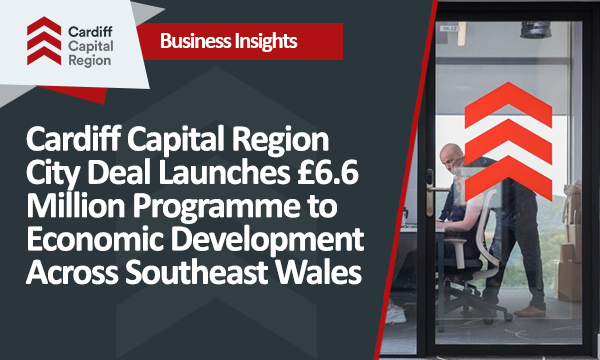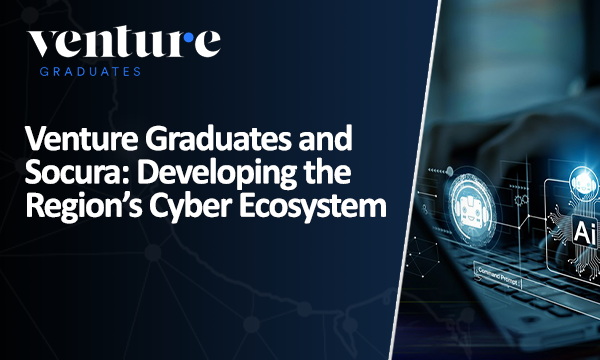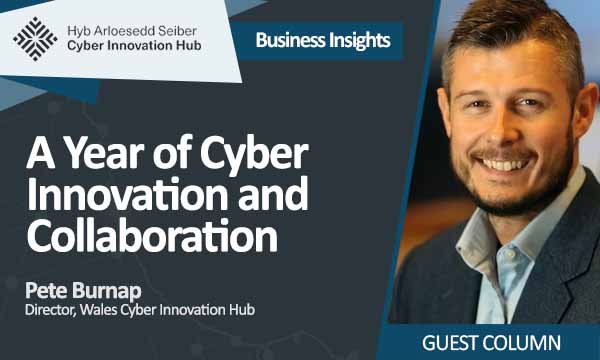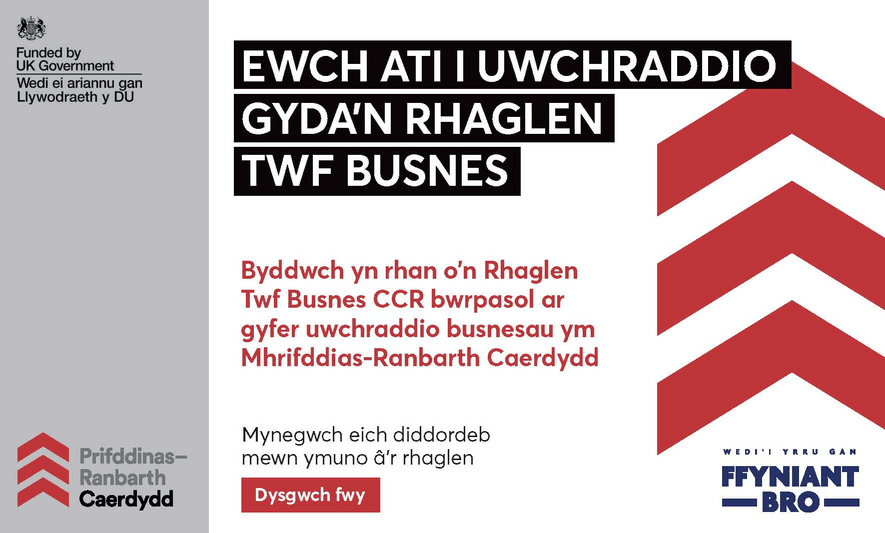Frank Holmes, Chairman of Cardiff Capital Region City Deal and founding Partner of Gambit Corporate Finance, was speaking with Mark Powney of Business News Wales.
Tell us about your background and your roles and responsibilities in Cardiff Capital Region City Deal.
I came to Wales a long time ago to study oceanography at Swansea University, then took a job in accountancy in what’s now Deloitte’s and was with them for a number of years. I bought my first business, a manufacturing business in Cardiff called Curran designing test beds for jet engines as well as radar and defence equipment.
While there I decided I wanted to try something else, and so began my involvement with Gambit, a firm that specialises in M&A. That’s taken me into a whole range of opportunities including non-executive directorships, international transactions, a governorship at Cardiff Met, involvement with schools in both state and private sectors, as well as taking up a role with what was Bobath, now Cerebral Palsy Cymru, and sponsorship of the arts.
I was offered the opportunity to chair the Cardiff Capital Region Economic Growth Partnership and Investment Panel, which has been a fantastic challenge with some huge rewards and some very long-term opportunities.
Can you share your views on how traumatic you think the impact of Covid-19 will be on businesses within the CCR?
One of the biggest issues for businesses and the CCR is uncertainty. At Gambit we did a survey of over 60 companies of all sizes across a range of sectors, from financial services to tech. The over-riding sentiment, looking at the next 12-18 months, was one of negativity. Over 70% of the companies had furloughed staff, [and] there was an expectation of a high level of redundancies, particularly in hospitality businesses.
The other thing that came out was that this embracing of digital technology during the lockdown has revealed to many companies, especially office-bound businesses, that they may be over-staffed, and that productivity gain could come from reducing the number of employees.
One aspect that’s not a surprise is a downturn in investment in innovation, technology and R&D, which is counter-intuitive because it’s usually that element of innovation and investment that helps improve productivity and gets the economy back on its feet.
The consensus was that we would be in a U-shaped economy, probably coming out in 2022.
What does CCR need to focus on, how best can you help the recovery?
In its Industrial and Economic Plan over a year ago, CCR decided to focus on sectors of strength, where we have a concentration of businesses that could help each other and create an ecosystem and clusters. The evidence points towards clusters in semiconductors, we have a strong fintech presence particularly in insurtech, and across the region we have a proliferation of companies in medical diagnostics and devices.
Despite Covid, they are still clusters that are here for the future, so I don’t see any need to change that focus. Where we need to make some changes is in our connectivity plan, transport and digital infrastructure. One thing that has come out very strongly is that our digital infrastructure has to be able not only to reach the entire region, but also to embrace 5G and all the new technologies that are coming in. The other things that we need to approach are our ability to leverage finance and attract foreign direct investment into those clusters to really make them grow and become world-renowned centres of excellence.
CCR is attracting lots of smaller business proposals; what would the ideal investment opportunity look like?
Our Investment Framework is based around scale; we want to have sizable interventions, particularly with the cluster focus and investable infrastructure. We’ve decided to focus our investments on innovation, infrastructure and housing, because it’s not just about the industrial economy, it’s about quality lives in our region.
As far as the SME proposals we’ve been seeing, many of them individually are too small for the way the CCR is set up. The solution is to create a fund to promote cluster growth to back businesses that have a relationship with companies that are part of the ecosystem, to help them grow their businesses on the back of innovation.
The other thing we’re looking at are Challenge Funds, for companies that can bring solutions to some of the industrial challenges that lie ahead: clean growth, the future of mobility, AI, cyber, and an ageing population. Those funds will enable companies to address those kinds of challenges, but also improve inclusion while improving equality in the foundational economy and the third sector.
What would you have hoped that we would have learnt from this experience?
We’re still learning and we’re still trying to see around corners because of the unpredictability of a potential second infection. But the choice of sectors is still appropriate. We are looking at our investments in terms of returns; we want the funds to be evergreen for the benefit of future generations.
Manufacturing will become more localised, but we also need to export; our nation and region are too small to rely on becoming localised. Particularly with Brexit ahead, this is a focus we need to embrace.
For that reason we’ve embarked on a Manufacturing Wales initiative, trying to build pride and a network of leading manufacturers in all sectors that will be united in their objectives. We’ll have a kitemark that is an emblem of quality for customers around the world to know that these items were manufactured in Wales and that they are of the highest standard.
How well is CCR doing in terms of collaboration? What does real collaboration look like?
What would look good in the next 12 months is better cohesion on policy. We have 3 government tiers that influence Wales: UK, Welsh and local government; and having economic policy cohesion will be very important.
The universities, business and public sector really embracing each other in true bona fide partnerships is vital. Regionally, not looking at CCR in isolation but being connected to other regions, as well as stepping outside of Wales and looking at the opportunities within the Western Gateway.
We have a huge public sector in Wales, and it needs to become a really good choice for high level capable people, while realising the importance of integrating the private sector. The private sector has got capability for delivering projects, and maybe there could be a better embrace by Welsh Government of delegating delivery to the best-placed private companies and institutions for the job in hand.
There’s a lot of focus in the CCR 10 Priorities for Dealing with Covid-19 on new funding interventions such as the SME co-investment fund and the introduction of new investment mechanisms. Can you expand on those?
We’re going to be putting in place two funds. I touched earlier on replacing the SME Co-investment fund with the Cluster Growth fund for supply chain companies pursuing innovation-led growth; a professionally managed fund dealing with investment origination all the way through to making the investment itself and managing that portfolio.
There’s also a fund we’re looking at which is a site and places fund, for regenerating sites and places that could bring economic benefit. We’re looking at convertible loans, which would convert into equity or mezzanine structures; but we want to make these investments of scale, we are looking at sizable investments as well as variety of instruments.
Fast forward 12 months, what would you hope the CCR team in partnership with the EGP to have achieved and what impact would you hope to have created?
In the next 12 months we should have committed over £200m out of the £495m that’s in the City Deal. At the moment we have £88m already committed and £120m in an advanced stage, so there’s a good chance we’ll reach that milestone. I’d expect we’ll be looking to forecast jobs of 10,000 out of the 25,000 we’ve been targeted with, and leveraging at least £750m of additional funding out of the £4bn target we’ve been set.
I’d hope we’ve been able to simplify our investment processes, build closer ties with Welsh Government on policy alignment and co-investment. Some clarity on the distribution of the Shared Prosperity Fund, and maybe the emergence of a CCR Development Agency with sufficient resources to adopt the City Deal and engage with the future build of the region beyond the City Deal target.
Stronger cohesion with other Wales regions, and a seat at the table of the Western Gateway, leveraging wider opportunities and avoiding duplicating or diluting our own region’s economic strengths or plan.
That would be an amazing list of achievements and we are going to try very hard to make them come to fruition.










